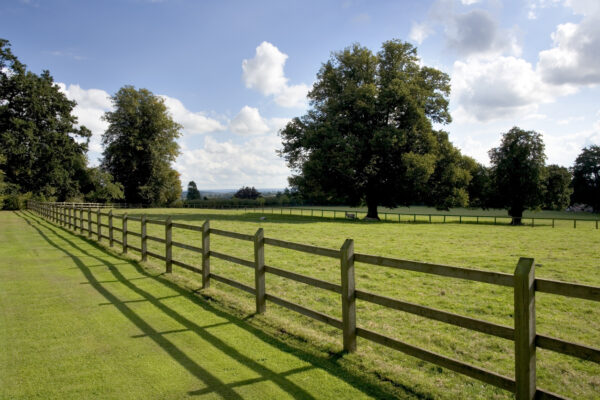
Shareholder disputes: be mindful of new time limits for unfair prejudice claims
4 December 2024

An unfair prejudice claim can be used to protect a minority shareholder’s rights. In this article, we consider recent developments concerning the time limits for bringing such claims.
Background: What is unfair prejudice?
An unfair prejudice claim is a statutory remedy available to shareholders of a company provided for by Sections 994-996 of the Companies Act 2006 (“CA 2006”). Unfair prejudice claims are brought by a petition and for that reason are often referred to as unfair prejudice petitions.
A shareholder may petition the court for relief where the affairs of the company have been, are being, or will be conducted in a way that is unfairly prejudicial to the interests of some or all of the shareholders, including the petitioning shareholder.
The court has a wide discretion to make such order as it thinks fit to give relief in respect of unfair prejudice established by a petitioner. The usual way of achieving this is to require the majority to purchase the minority’s shares for fair value.
Time limits for bringing unfair prejudice petitions
Landmark decision of THG -v- Zedra Trust Co (“Zedra”)
Until February 2024, it had been assumed for decades that there was no formal time limit for bringing unfair prejudice petitions. These 40 years of ‘received wisdom’ and convention was blown away. In the landmark case of Zedra, the Court of Appeal decided that unfair prejudice petitions are, in fact, subject to the statutory time limits in the Limitation Act 1980 (“LA 1980”). The applicable time limit depends on the nature of the relief sought, as follows:
- In cases where the petitioner seeks a range of relief, including non-monetary relief such as a share purchase order, the petitioner must bring their claim within 12 years
- When relying on relief for the payment of a sum of money, the petitioner must bring their claim within six years.
Recent High Court decision of Tom v Candey & Others
HCR Law has recently represented Mr Tom – the petitioner – in Tom -v- Candey and Others [2024] EWHC 1398 (Ch), which we believe is the first reported case where the courts have applied the principles from the Zedra decision.
This case concerned an unfair prejudice petition brought by Mr Tom who alleged the affairs of Candey Limited, the respondent company, had been conducted in a manner unfairly prejudicial to his interests as a shareholder, which led to his resignation as a director on 15 October 2015. The respondents denied the allegations. An eight-day trial of the petition was due to be heard in November 2024 however, the case has since been settled between the parties.
The hearing in question related to an application made by the respondents for the court to strike out the petition or give summary judgment on various grounds, including that too much time had passed and the claim had become time-barred under the LA 1980. In the judgment handed down by the High Court following the hearing on 13 May 2024, it was held that the petition was not time-barred by virtue of any provision of the LA 1980.
The High Court decided, amongst other things, that as the case advanced by Mr Tom “is both literally, and in substance” a claim for non-monetary relief – namely a share purchase order – in light of Zedra, a statutory time limit of 12 years applied to the petition. Given that all of the relevant instances of alleged unfair prejudice took place less than 12 years before the petition was presented to the court on 28 October 2022, the petition had been commenced in time. Accordingly, the respondent’s application was dismissed on all grounds, which was an excellent outcome for our client.
Importantly, the High Court also confirmed that a petitioner is entitled to take advantage of a longer time limit by framing their petition appropriately, for example by seeking non-monetary relief rather than the payment of a sum of money where a 6-year time limit applies. The full judgment of Tom v Candey is available here.
How might recent cases impact unfair prejudice petitions?
In light of THG v Zedra and Tom v Candey, petitioners should be mindful of the statutory time limits which apply to unfair prejudice petitions and should consider seeking early advice on available options and strategies; including how to frame petitions carefully.
It should be noted that permission to appeal to the Supreme Court has been granted in respect of THG v Zedra so further developments may be on the horizon.










